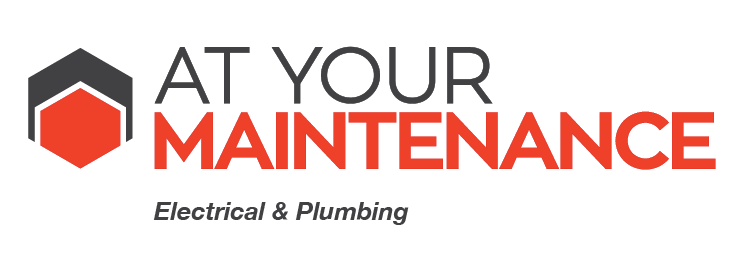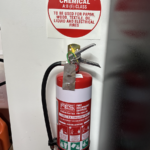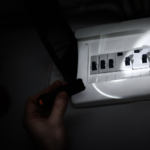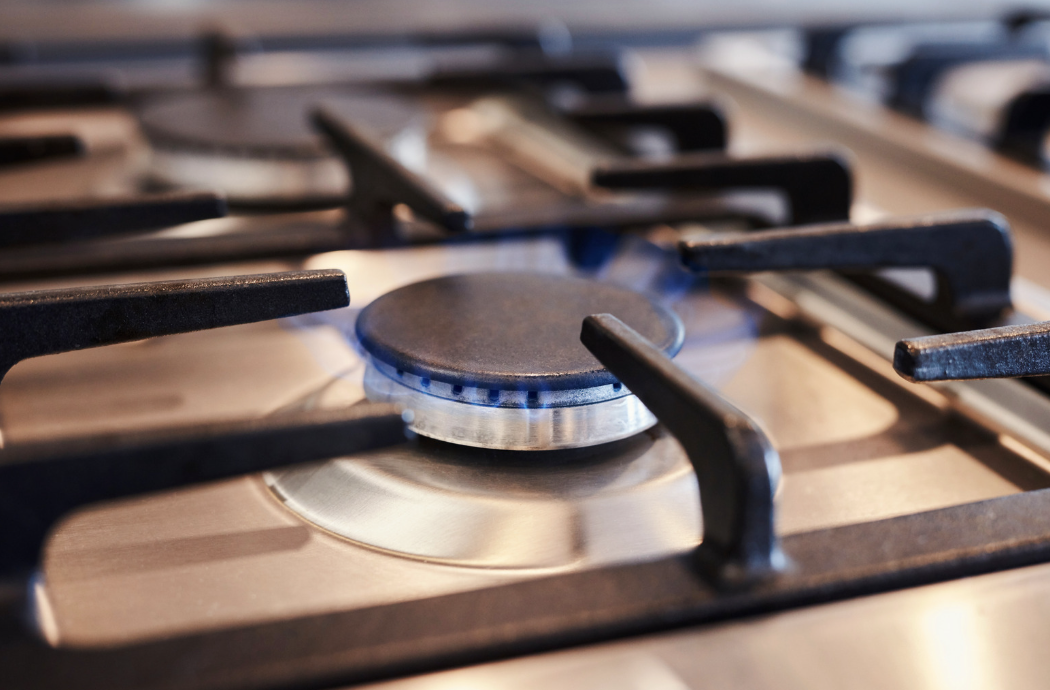
The Victorian Government has announced that starting from the first of January 2024. All new residential builds will not be connected to gas.
An alteration to the Victorian Planning Provision will be made that will prohibit new gas connections for these dwellings. Every year in Victoria, over 50,000 new homes are built, with approximately 80% of these connecting to the gas network.
Restricting access for these new builds to the gas network will prevent the growth of fossil fuel gas usage and emissions in conjunction with the expensive infrastructure required to support these gas resources.
The Victorian Government has made these changes in order to accelerate the transition to renewable energy in alignment with their emissions reduction targets. The government in Victoria aims to achieve a reduction of 75-80% in emissions by the year 2035.
Currently, in 2023, renewable sources of electricity generation only account for 38% of Victoria’s energy generation. This exposes a need for the state to adopt a cleaner energy future.
At Your Maintenance can assist you with the transition from burning fossil fuels by recommending and converting to electric based solutions that maximise using clean energy options from renewable sources.
Electric Hot Water Benefits
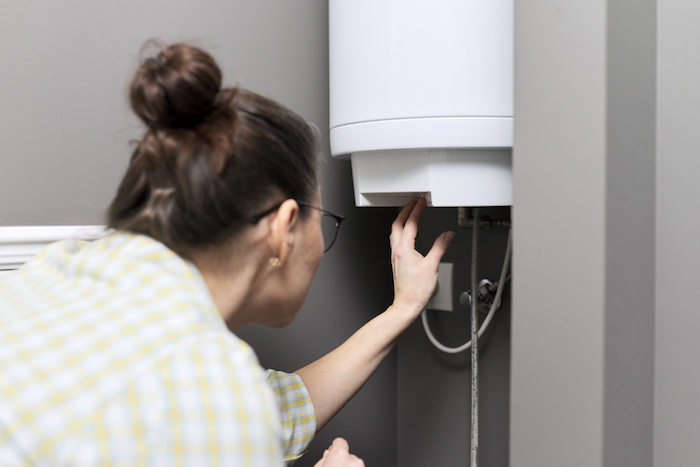
Converting from gas hot water to electric can offer several environmental benefits, aligning with broader sustainability goals and contributing to a reduction in greenhouse gas emissions. At your maintenance can assist you with converting from gas hot water, and stovetops to electric based solutions.
Here are some reasons why this conversion is considered environmentally beneficial:
- Reduced Greenhouse Gas Emissions
When natural gas is burned for hot water production, carbon dioxide is released into the atmosphere. Carbon dioxide is a major source of greenhouse gas emission which contributes to climate change. Switching to electric water heaters that can be powered by solar or wind as a renewable energy source can potentially eliminate or greatly reduce carbon dioxide emissions.
- Transitioning to Renewable Energy
Replacing your existing gas hot water service and converting to electric allows you to utilise cleaner energy alternatives. As electrical suppliers increasingly invest in renewable sources of power such as solar and wind, the environmental impact of heating water is greatly reduced.
- Improved Efficiency
Improvements in technology for electric water heaters, such as heat pump water heaters, have allowed greater energy efficiency but extracting heat from the air or ground in order to heat your water. This consumes less energy than traditional resistance-based heaters and gas heaters, contributing to increased efficiency and lower energy consumption.
- Reduced Air Pollution
The process of gas combustion for heating can release harmful pollutants into the environment such as nitrogen oxides. Electric water heaters produce heat without burning fossil fuels. This results in cleaner air and improved air quality. At Your Maintenance can assist you with upgrading and replacing your existing gas connection with an electric option.
Electric Stove Top Benefits
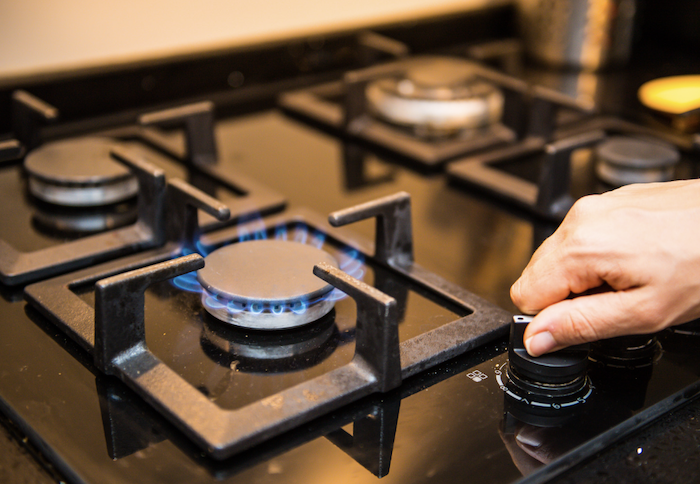
Choosing to convert a gas based stove top to an electric option will provide a number of environmental benefits. These benefits can assist in the reduction of gas emissions into the environment to better alleviate greenhouse gas problems by eliminating the burning of fossil fuesl.
- Healthier Air
Traditional gas stove tops burn natural gas in order to heat pots and pans. This process releases carbon dioxide into the atmosphere. This can degrade the air quality in your home and living environment. Switching to an electric option that runs off an energy grid utilising renewable energy options such as solar or wind can directly eliminate emissions used during cooking.
- Improved Energy Efficiency
Switching to a modern electric stove, in particular an induction cooktop can greatly increase your energy efficiency. Induction cooktops are known for their energy efficiency as the convert a higher percentage of input into usable heat for cooking when compared to a traditional gas stovetop. This increased efficiency translates into a lower overall energy consumption, and a greatly reduced environmental impact.
- Decreased Dependency on Fossil Fuels
When a household transitions from a gas stovetop by converting to an electric stove, this will reduce the dependency on fossil fuels. This reduced dependency will decrease emissions and in turn make an impact on the environment by utilising renewable energy options.
As new home builds in Victoria are unable to use traditional gas-based fossil fuel options for heating, electric alternatives must be used. For existing homeowners, transitioning from gas-based hot water systems and stove tops to electric alternatives offers compelling environmental benefits, aligning with meeting a reduction in emissions targets.
The conversion significantly diminishes direct greenhouse gas emissions associated with burning natural gas, especially when powered by renewable energy sources such as solar or wind. This move supports the global shift toward cleaner energy and contributes to mitigating climate change.
The adoption of energy-efficient electric appliances, such as induction cooktops and advanced water heaters, not only reduces overall energy consumption but also translates into cost savings for homeowners. Elimination of the combustion processes associated with gas appliances improves both indoor and outdoor air quality, safeguarding health and creating safer living environments.
Beyond environmental considerations, financial incentives and long-term savings further bolster the case for conversion. While the initial investment may be a factor, the potential for incentives and reduced energy costs underscores the financial advantages of adopting electric alternatives.
Converting to electric hot water and stovetops represents a conscientious and forward-thinking choice, contributing to a cleaner, healthier, and more sustainable future.
At Your Maintenance are here to help you with your transition from gas based products to electric and to creating a healthier more sustainable future for you families to enjoy.

